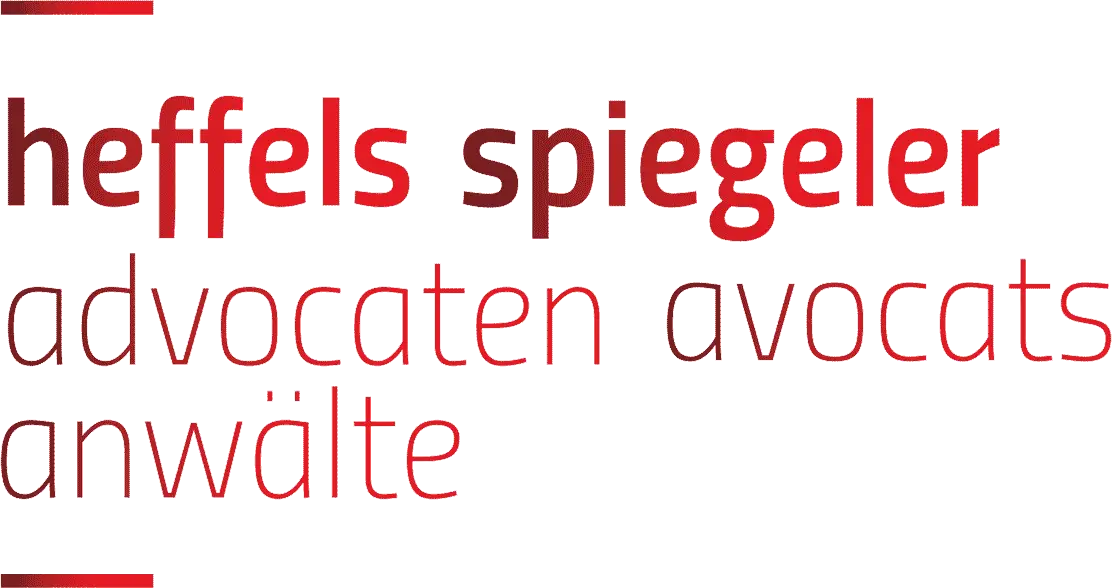 European Court of Justice (ECJ) rules that ‘The Pirate Bay’ infringes copyrights
European Court of Justice (ECJ) rules that ‘The Pirate Bay’ infringes copyrights
With its decision on June, 14th the ECJ might have paved the road for proceeding against online sharing platforms. Up to now taking legal action in order to restrict the offer of copyright-protected works was rather complicated and did not guarantee sustainable success. The reason for that is, amongst others, that the files on these sites aren’t placed online by the platform’s operators but by the users. So the rightholders had to take action against the sharing platform’s complicated infrastructures as well as each user separately. However, the ECJ decided recently, that the operators of such a platform play an essential role in making the works available and therefore may constitute an infringement of copyright.
The reason for the decision was the swedish sharing platform ‘The Pirate Bay’, which enables users to complimentary download works, that are, for the most part, copyright-protected. The users create so called torrents, which are small parts of the works, and share them on the platform. The operators of the platform index these files, so they can be easily located and downloaded by the users. Moreover, they categorise the works based on their type, genre or popularity.
New strategy against online sharing platforms
While up to now, legal action was rather taken against the operators of the sharing platforms, this time the plaintiff took a different path aiming to limit the distribution of copyright-protected works.
The plaintiff Stichting Brein, a Dutch foundation which safeguards the interests of copyright holders, didn’t take the operators of ‘The Pirate Bay’ to court, but proceeded against the internet access providers Ziggo and XS4ALL in the Netherlands. They should block the domain names and IP addresses of ‘The Pirate Bay’ for their subscribers.
The legal dispute between Stichting Brein and the internet providers has already been going on for a considerable time. In 2012 the plaintiff even managed to force Ziggo and XS4ALL to bar acces to ‘The Pirate Bay’. However, since studies showed that there was actually no decrease in the use of online sharing platforms in the Netherlands despite the blockage, Stichting Brein lost the appeal proceedings. The users found different ways to access ‘The Pirate Bay’, for instance using proxy servers to cover up their location.
After the platform was unbanned only two years later in 2014, Stichting Brein filed another appeal against that judgement. Hence, the Hoge Raad (Supreme Court of the Netherlands) had to deal with the case ultimatly and has decided to refer questions to the Court of Justice on whether a sharing platform is making a ‘communication to the public’ within the meaning of the copyright law and therefore might be infringting copyright. Only if the answer to this question is affirmative, it is actually possible to impose blocking ‘The Pirate Bay’ or force internet providers to do so.
ECJ: ‘Essential role’ of the platform in making the works available
The ECJ indeed affirmed the question. The making available and management of an online sharing platform must be considered to be an act of communication and may therefore infringe copyright. Although the operators of the platform do not provide the files themselves, they still play an essential role in making those works available by indexing and categorising them.
Furthermore, the operators of ‘The Pirate Bay’ couldn’t plead unconsciousness of the fact, that their platform grants access to works, which are published without the rightholders have given their consent. For one, they have been informed about it and for another did they express themselves distinctly in forums and blogs on the platform about this fact. They even named their priority as making protected works available to users and encouraged them to copy the works.
Landmark decision of the ECJ?
The ECJ’s decision doesn’t necessarily mean, that ‘The Pirate Bay’ will actually be blocked in the Netherlands. It remains to be seen how the Hoge Raad of the Netherlands will decide. However, it can be expected, that it will follow the decision of the European court and force the internet providers to block the acces to the website of ‘The Pirate Bay’.
The European Courd of Justice might have rendered a landmark decision, which explicitly and generally answers the question of a copyright infringement by online sharing platforms. That could encourage other copyright holders – all over Europe – to force internet providers to ban such platforms.
The copyrightholders’ rights are definitely being strenghtened by this decision, since now it might be way easier for them to enforce the banning of online sharing platforms. Still it remains doubtful, whether his actually means the end of internet piracy.
